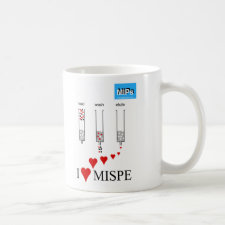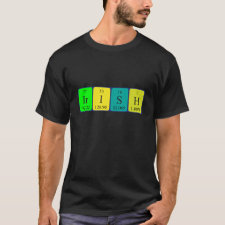
Authors: Shi YQ, Zhu J, Liu XQ, Geng JC, Sun LB
Article Title: Molecular Template-Directed Synthesis of Microporous Polymer Networks for Highly Selective CO2 Capture.
Publication date: 2014
Journal: ACS Applied Materials & Interfaces
Volume: 6
Issue: (22)
Page numbers: 20340-20349.
DOI: 10.1021/am505851u
Abstract: Porous polymer networks have great potential in various applications including carbon capture. However, complex monomers and/or expensive catalysts are commonly used for their synthesis, which makes the process complicated, costly, and hard to scale up. Herein, we develop a molecular template strategy to fabricate new porous polymer networks by a simple nucleophilic substitution reaction of two low-cost monomers (i.e., chloromethylbenzene and ethylene diamine). The polymerization reactions can take place under mild conditions in the absence of any catalysts. The resultant materials are interconnected with secondary amines and show well-defined micropores due to the structure-directing role of solvent molecules. These properties make our materials highly efficient for selective CO2 capture, and unusually high CO2/N2 and CO2/CH4 selectivities are obtained. Furthermore, the adsorbents can be completely regenerated under mild conditions. Our materials may provide promising candidates for selective capture of CO2 from mixtures such as flue gas and natural gas
Template and target information: carbon dioxide, CO2
Author keywords: porous polymer networks, molecular template, CO2 capture, selectivity, Regeneration



Join the Society for Molecular Imprinting

New items RSS feed
Sign-up for e-mail updates:
Choose between receiving an occasional newsletter or more frequent e-mail alerts.
Click here to go to the sign-up page.
Is your name elemental or peptidic? Enter your name and find out by clicking either of the buttons below!
Other products you may like:
 MIPdatabase
MIPdatabase









